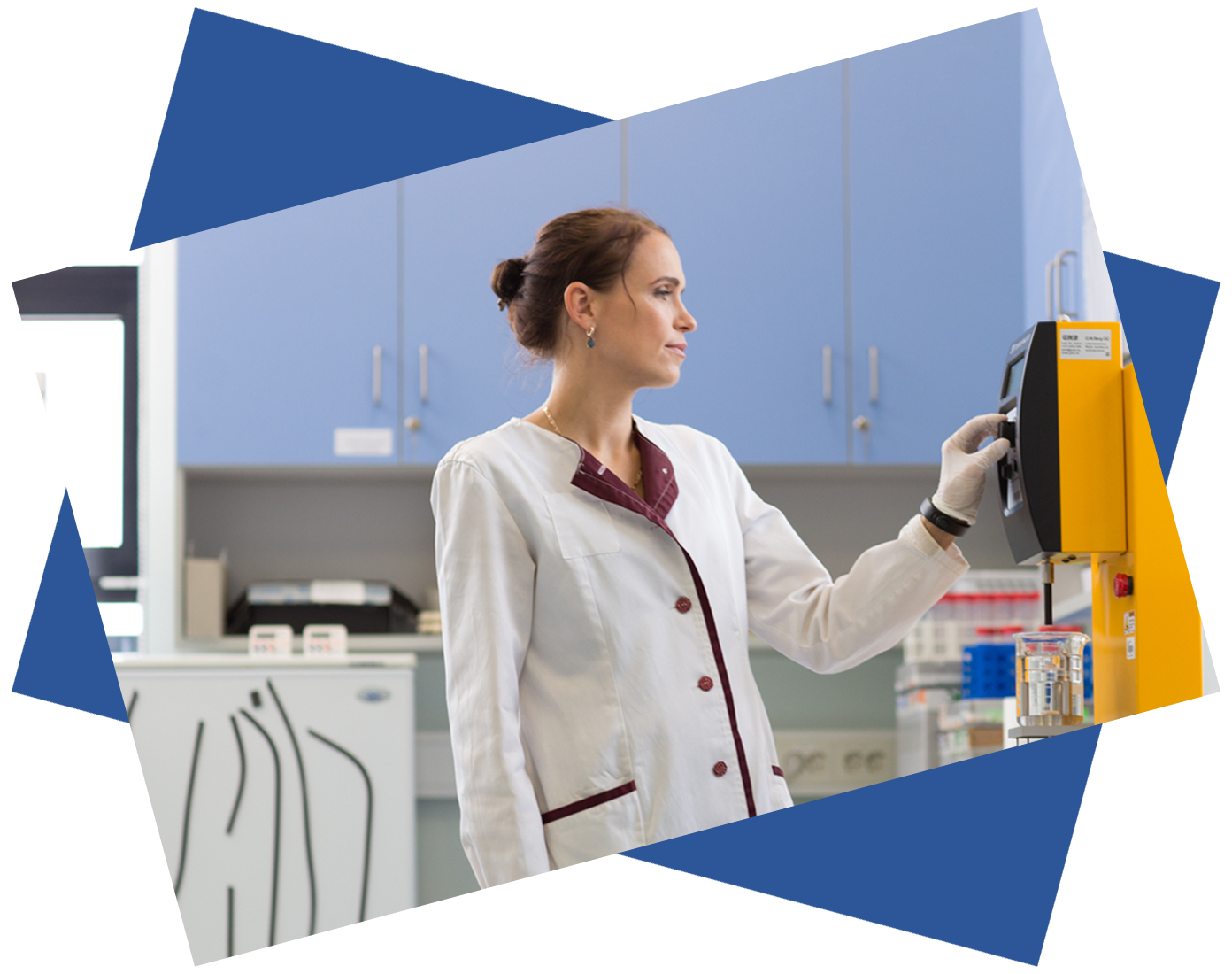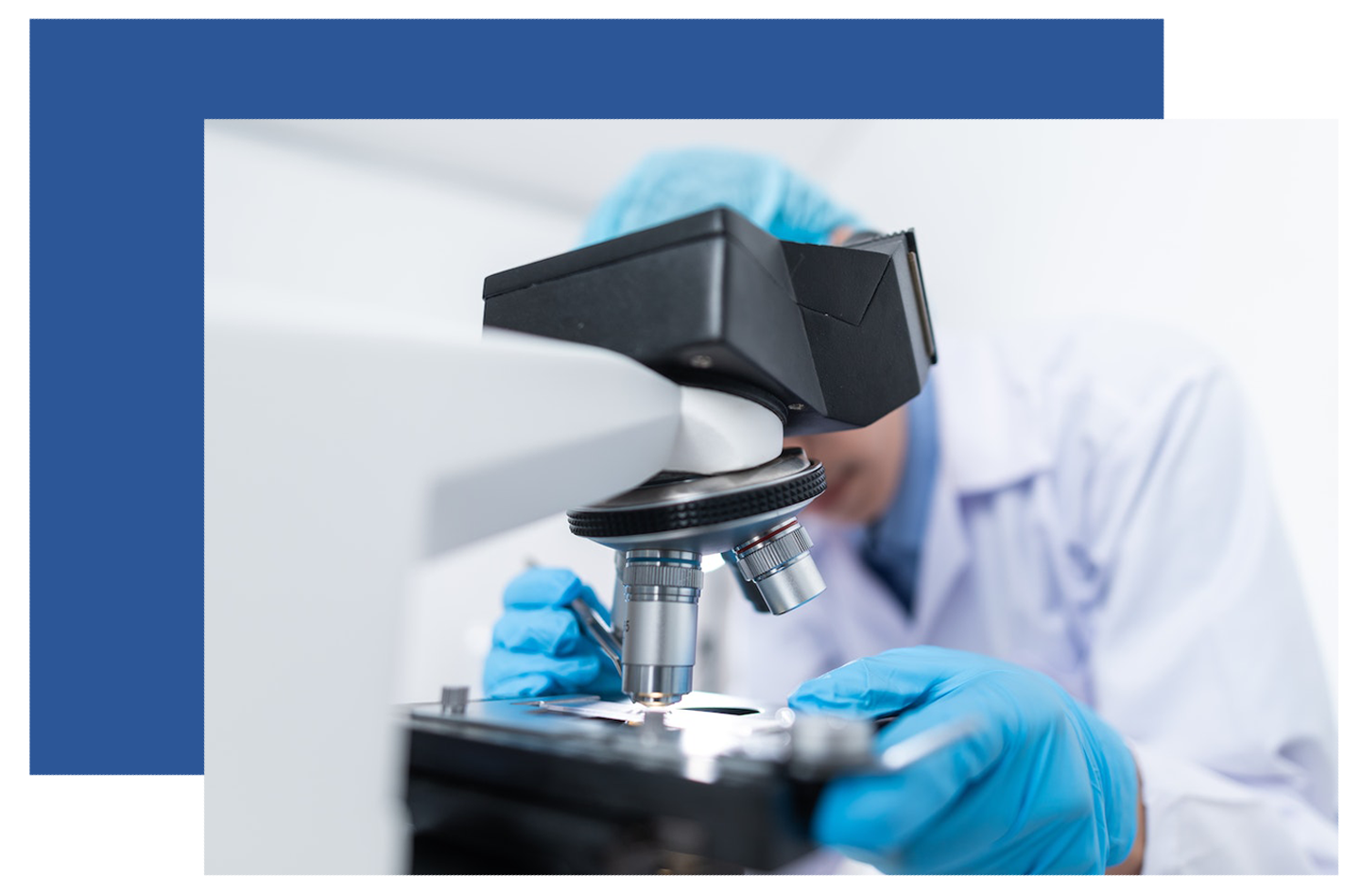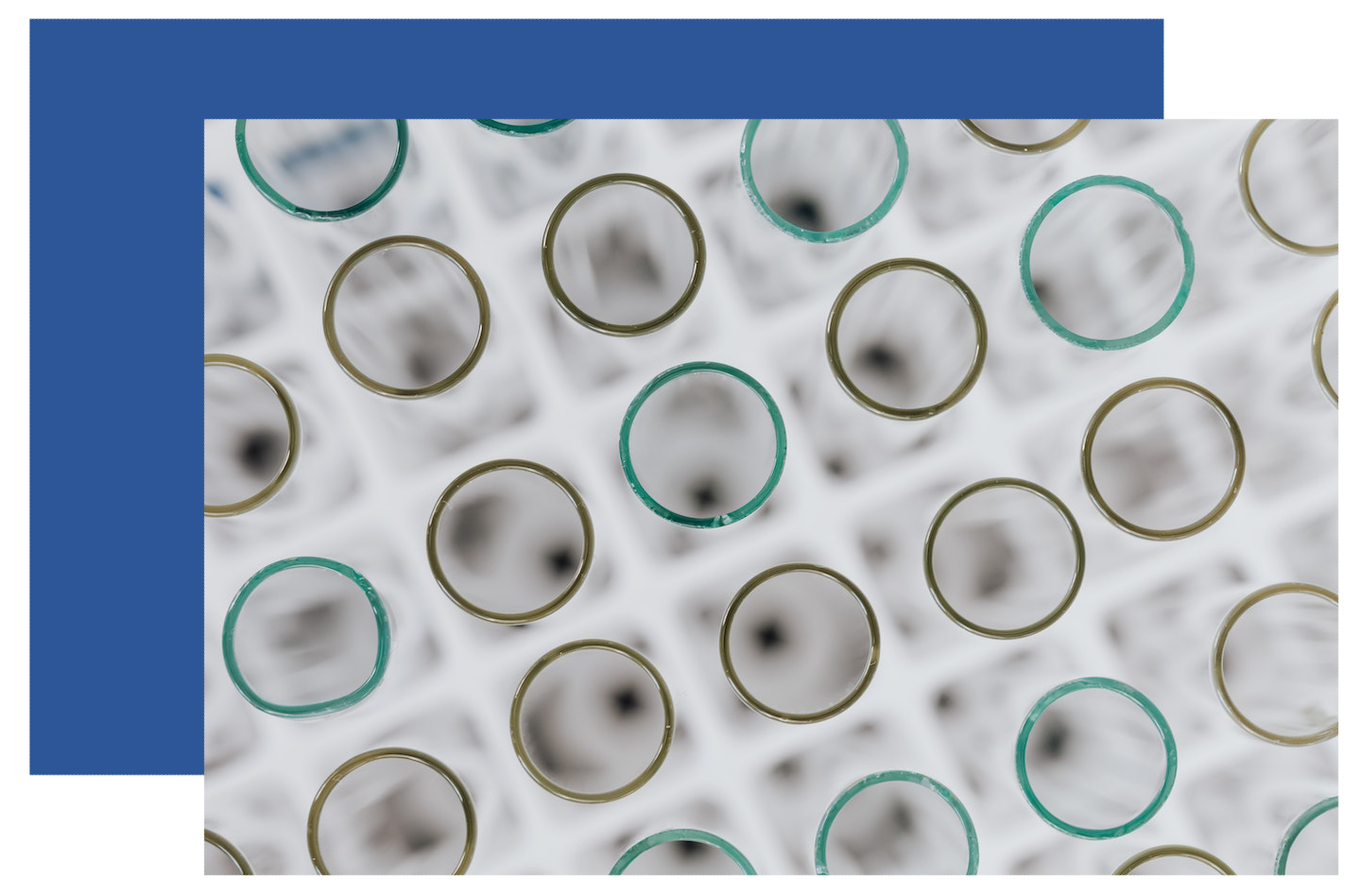Our approach is highly multidisciplinary combining expertise from pharmaceutical sciences, material engineering, pharmaceutical microbiology and biotechnology and medical sciences. This allows designing of novel drug delivery systems that exhibit the desired functionality.
Our research group is located at the Institute of Pharmacy, Faculty of Medicine, University of Tartu where relevant research equiment is available/accessable.

Research topics
We are developing novel local drug delivery systems that enable to improve the specificity and bioactivity of antibacterial/antimicrobial agents and reduce the probability of possible side-effects. For that purpose we are developing models and assays mimicking the biorelevant in vivo conditions. Furthermore, the selection of suitable carrier systems requires thorough analysis in order to improve the therapeutic outcome and achieve the desired safety, biocompatibility, and biodegradability. In several cases, carriers themselves may have additional bioactivity. We study different aspects of the development of local antibacterial and antimicrobial drug delivery systems including the design, preparation, characterization of these systems and initial production scale-up and sterilization of drug delivery systems for real applications.
Our Mission & Vision
We design and develop new and promising strategies that allow antibacterial/antimicrobial therapies and patients’ quality of life to be improved.
Our vision is to shape advanced drug delivery systems using pharmaceutical technology and nanotechnology approaches.

Ongoing and Finished Research projects
Ongoing projects
- PRG1507 – Development of biorelevant assays for the analyses of multifunctional antimicrobial wound dressings for the treatment of wound infections
- LMVFA20665 – Corona Biomask
Finished
Publications
Recent article:
Bovine colostrum-derived antibodies against SARS-CoV-2 show great potential to serve as prophylactic agents
Severe acute respiratory syndrome coronavirus 2 (SARS-CoV-2) continues to impose a serious burden on health systems globally. Despite worldwide vaccination, social distancing and wearing masks, the spread of the virus is ongoing. One of the mechanisms by which neutralizing antibodies (NAbs) block virus entry into cells encompasses interaction inhibition between the cell surface receptor angiotensin-converting enzyme 2 (ACE2) and the spike (S) protein of SARS-CoV-2.
/—/
Therefore, we are presenting a solution that shows great potential to serve as a prophylactic agent against SARS-CoV-2 infection as an additional measure to vaccination and wearing masks. Moreover, our technology allows for rapid and versatile adaptation for preparing prophylactic treatments against other diseases using the defined characteristics of antibody movement into the colostrum.

